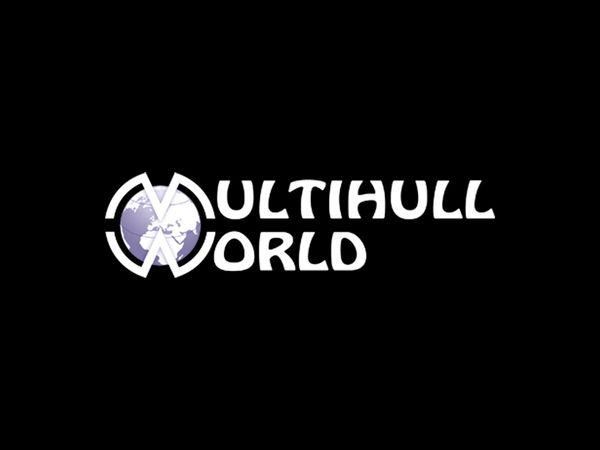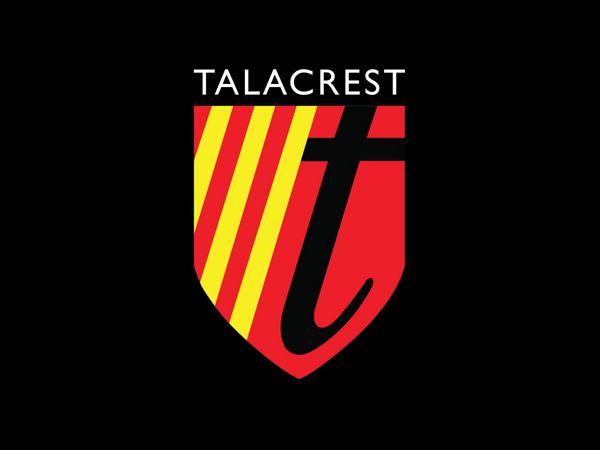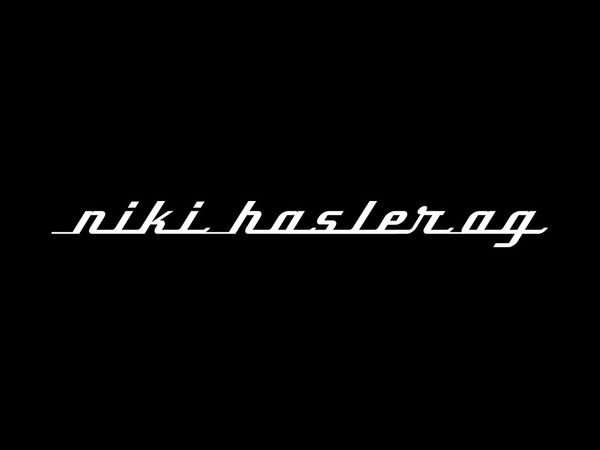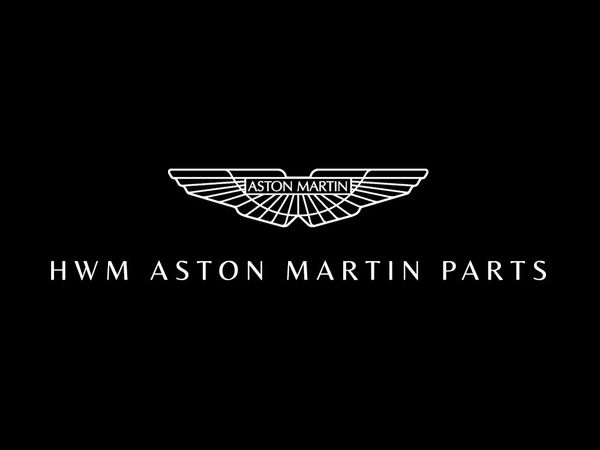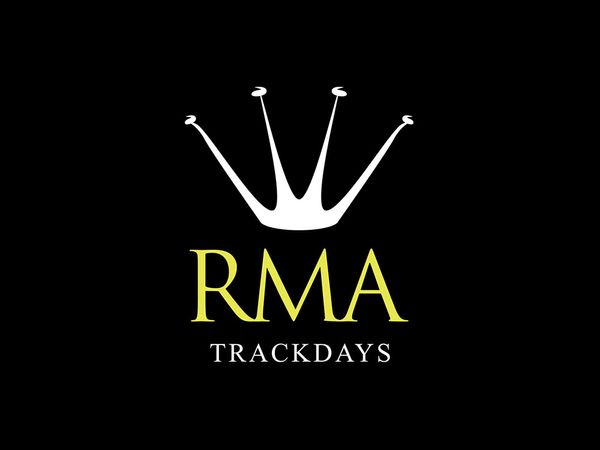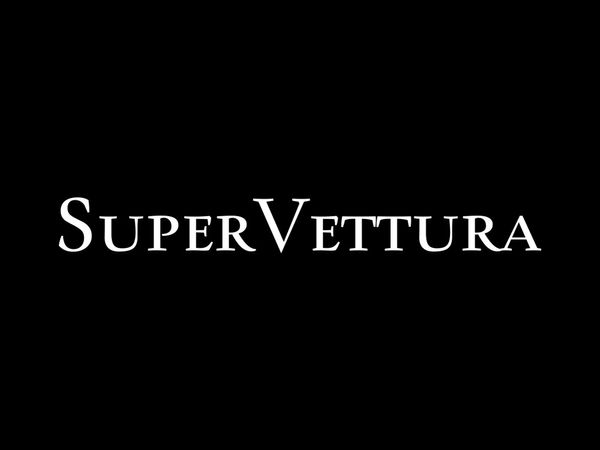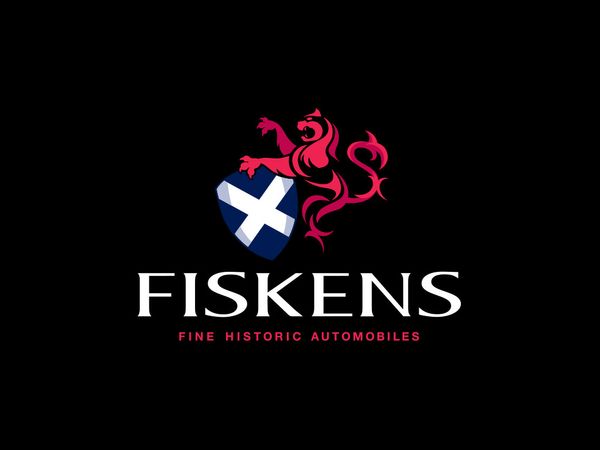The 1991 Le Mans winning Mazda 787B will be in action at the 2023 Goodwood Festival of Speed*.
On Saturday 15th and Sunday 16th July, the Mazda 787B will be driven at GFoS by Johnny Herbert.
With victory in 1991, Mazda became the first Japanese manufacturer to win the 24 Hours of Le Mans.
Fresh from taking part in demonstrations at both the 2023 24 Hours of Le Mans and last weekend’s Le Mans Classic, the 1991 Le Mans winning Mazda 787B will be taking to the hill at the 2023 Goodwood Festival of Speed. Returning to the Goodwood Festival of Speed for the first time since 2015, the iconic Mazda 787B will join other famous Le Mans contenders and winners as Goodwood celebrates the centenary of the first running of the world’s most famous endurance race.
The famous ‘Renown’ liveried Le Mans winner will take to the hill across all of this year’s Festival of Speed. On Saturday and Sunday, 1991 Le Mans winner Johnny Herbert will return to the cockpit of the car that took him, Volker Weidler and Bertrand Gachot to their famous win in 1991. Additionally, Sky Sports F1 presenter and ex-Grand Prix driver Karun Chandhok will be at the wheel earlier in the event, as will ex-Mazda IMSA factory driver Harry Tincknell.
The 1991 Le Mans victory was a stand-out moment in the history of the Mazda rotary engine, a technology that highlighted Mazda’s ‘never stop challenging’ ethos. When at 4pm on the 23rd June 1991 Johnny Herbert crossed the finish line at the Le Mans 24 Hour race to win it marked a huge achievement. Mazda had become the first Japanese manufacturer to win the world’s most famous endurance race, not only that they’d done it with a unique engine that had captivated the fans at the track with its ear-piercing soundtrack.
The winning Mazda 787B had covered 362 laps of the famous French circuit and over the course of its 28 pit stops the winning Mazda had received just one oil top up, a change of brake discs and pads, plus a nose change. Aside from that, the 700bhp four-rotor R26B powered 787B had just required fuel and tyres as it faultlessly proved the reliability, efficiency and performance of Mazda’s rotary engine technology.
Sharing the winning car with Herbert were fellow Formula One drivers Volker Weidler and Bertrand Gachot, and for this trio of young chargers it was a largely uneventful race. A strong start saw Weidler make places from the 787B’s 23rd place on the grid and by 6pm number 55 was into the top ten. By the halfway point of the race at 4am the Mazda’s pace and reliability meant it was running in third place, and with three hours to go, the Mazda was in second place when the leading Mercedes-Benz suffered engine troubles and retired.
This left the number 55 Mazda 787B to click off the laps and cross the line to take overall victory for Japan in a race that Toyota and Nissan had tried to win throughout the Group C era. Yet it was the relatively small manufacturer from Hiroshima and its rotary engine that had taken the first outright win at Le Mans for a Japanese brand. Even more poignantly, Mazda already knew the rotary engine would be banned from Le Mans in 1992, so the 1991 victory was the last chance to win with a rotary. With a chassis designed by Briton Nigel Stroud, the Mazda 787B was also the first car to win Le Mans with carbon brakes. To top off a great race, the sister number 18 Mazda 787B finished in sixth with the older number 56 Mazda 787 in eighth. However, it was Mazda 787B chassis number 002 that went down in history with an incredible overall victory at Le Mans.
For the fans at Le Mans in 1991 the overriding memory will likely be the incredible scream of the Mazda rotary engines and the flames licking from the exhaust at night as the trio of Mazdas raced through the darkness. For the hard-working rotary engine engineers from Mazda achieving the ultimate recognition of their work will live long in their memories, while the winning team was a truly international effort, with Mazdaspeed’s efforts assisted by the French ORECA organisation, while British chassis designer Nigel Stroud and Belgian team consultant six-time Le Mans winner Jacky Ickx played big parts in the success, too.
Helped by the bold livery of Japanese clothing sponsor Renown, the Le Mans winning number 55 Mazda 787B has become one of the most famous Le Mans winners. Immediately retired from competition after the race, Mazda 787B chassis 002 now takes pride of place in the Mazda HQ museum in Hiroshima. Maintained in full working order it still captures the hearts of car fans the world over when it’s demonstrated, and this year, Goodwood will once again resonate to the sound of the Mazda 787B.
More than three decades after its pioneering victory it remains an icon in the motorsport world and a landmark moment in the 103-year history of Mazda.

